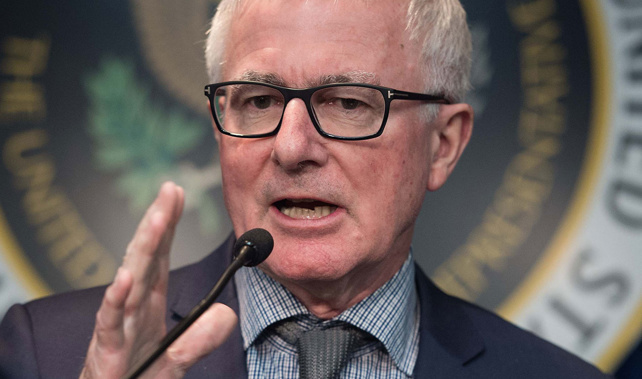
Concerns have been raised over the Prime Minister's admission that New Zealand may have to pay more for pharmaceuticals, for a period, under the Trans Pacific Partnership Agreement.
Labour leader Andrew Little said if patent rights to drug companies are extended, it will make medicinal drugs more expensive.
"The Pharmac model is under threat and medical drugs are going to cost the New Zealand tax payer a lot more money. It is going to add costs to Pharmac. It's going to add costs to the New Zealand tax payer. That is unavoidable."
Those increased costs are acknowledged by the Prime Minister, but Trade Minister Tim Groser said the costs of pharmaceuticals was always considered to be on the cost side of the ledger with the TPP.
"I think the TPP will be a source of relatively minor cost pressures and it isn't going to alter the general point of the scheme. It's going to be fine and intact," Mr Groser said.
"If we do have a deal, I'll be able to tell New Zealanders that A) they won't have to pay any more for their medicines, and B) the model of Pharmac will be absolutely intact."
Groser is making it clear if a TPP deal is reached that sees the cost of pharmaceuticals rise, it will be paid for by the Government and peoples' prescription fees will remain the same.
"My job and the job of export negotiators with me, I've got a big team - about 15 officials here as well as the industry leaders, is to minimise that cost."
Meanwhile those in the health care industry are concerned by a very late admission.
Head of the Association of Salaried Medical Specialists Ian Powell believes it's a bad look.
"The American pharmaceutical companies have had far greater access to the details of this agreement than medical organisations in New Zealand for example about the health impact."
He points out while patients might not be charged, the money has to come from somewhere.
"Somewhere the health system is going to have to absorb these increased costs. It's already financially strapped in a big way ... so i's got to come from somewhere and that has to be services for patients."
Ian Powell is calling for far greater transparency of parts of the agreement, and an independent assessment of its potential impact on our health system.
Take your Radio, Podcasts and Music with you









